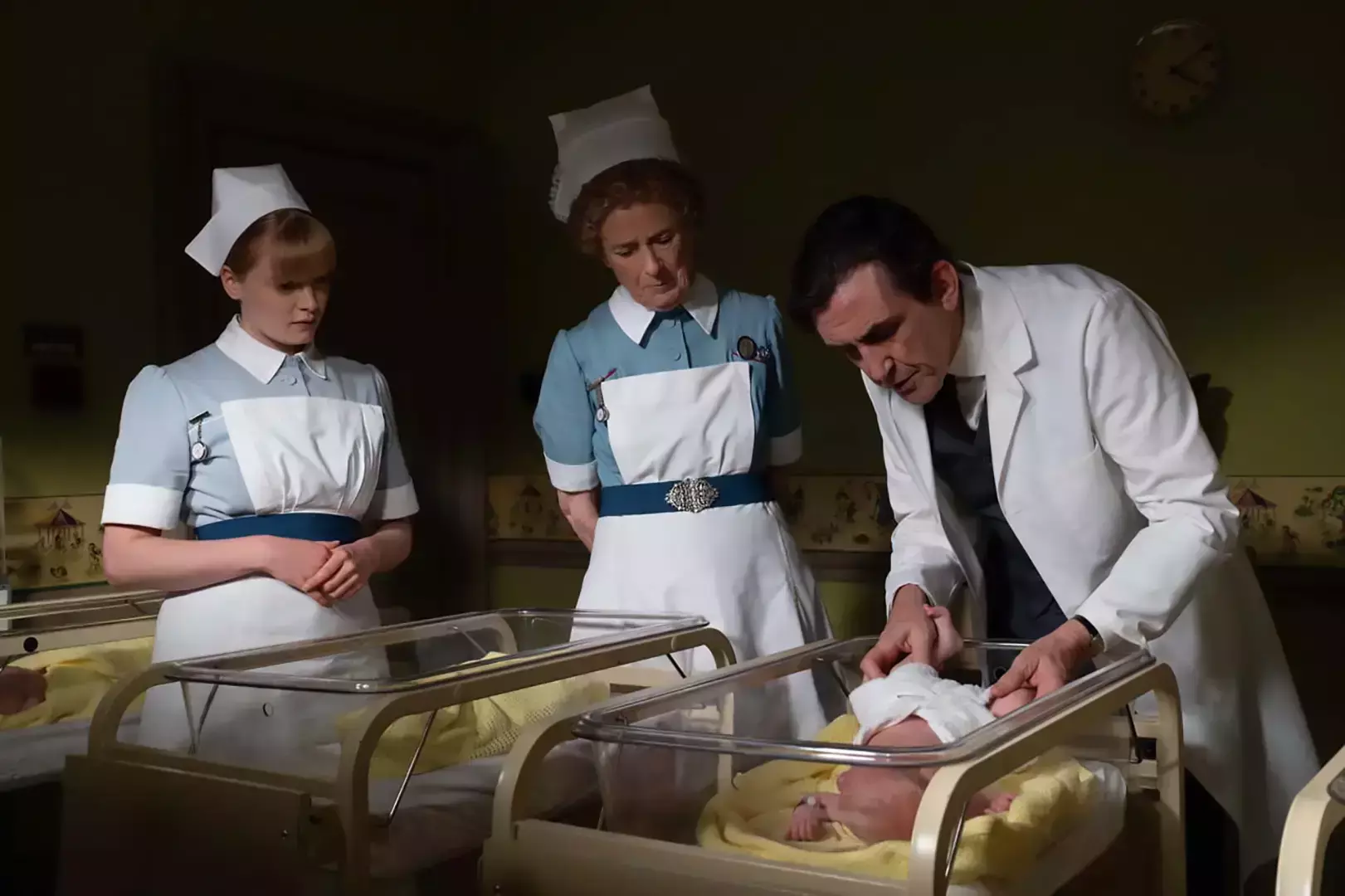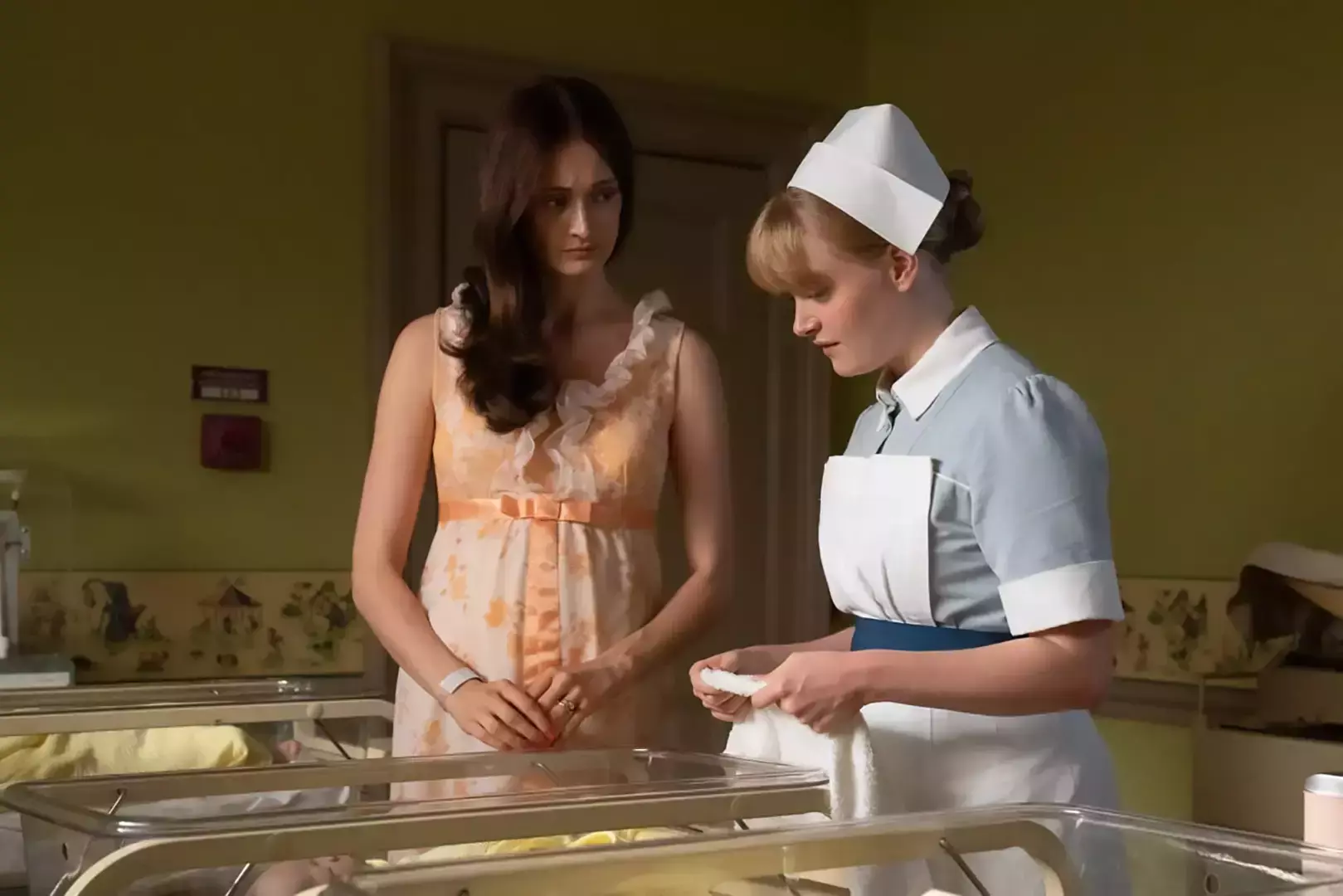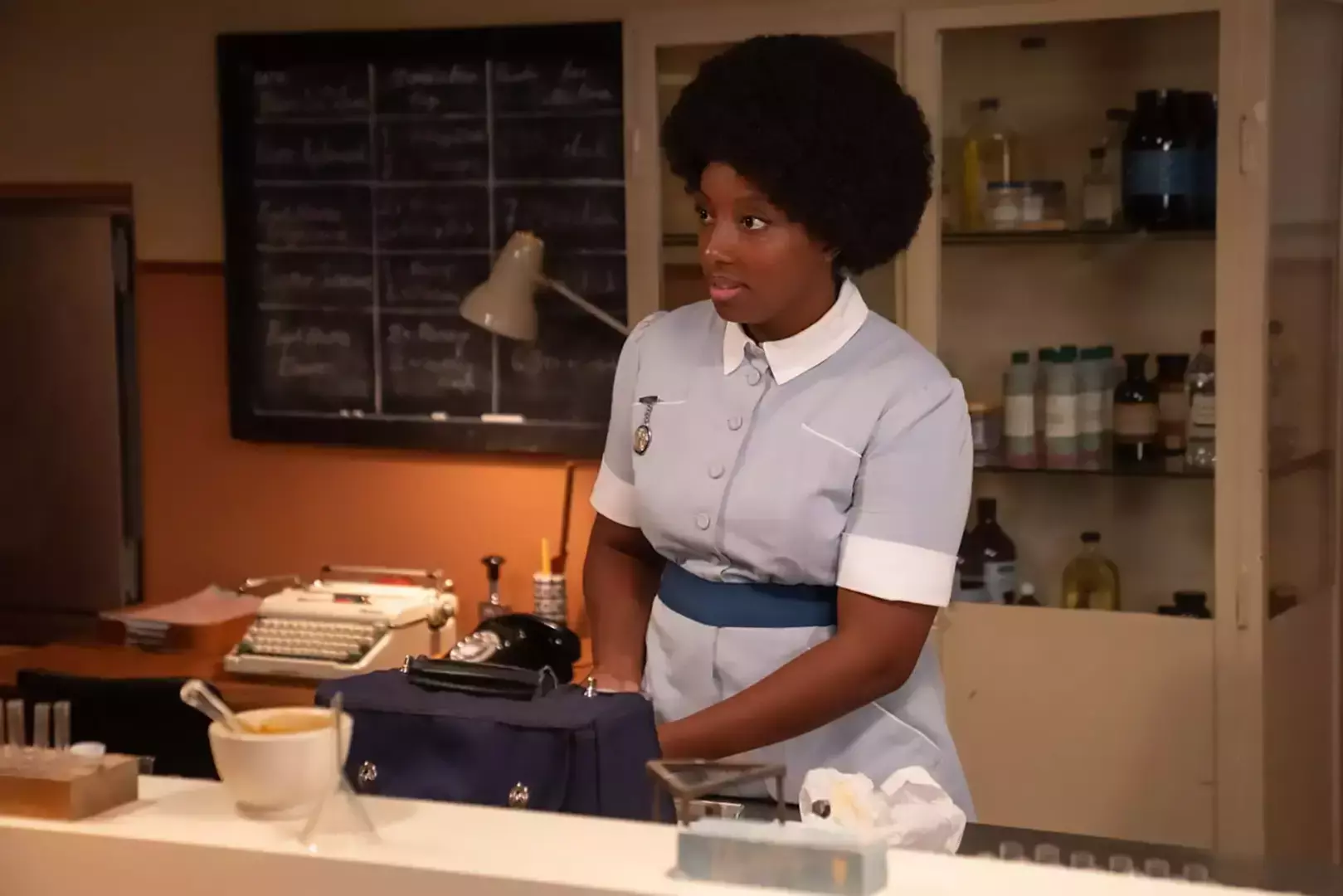A Vocation With Challenges
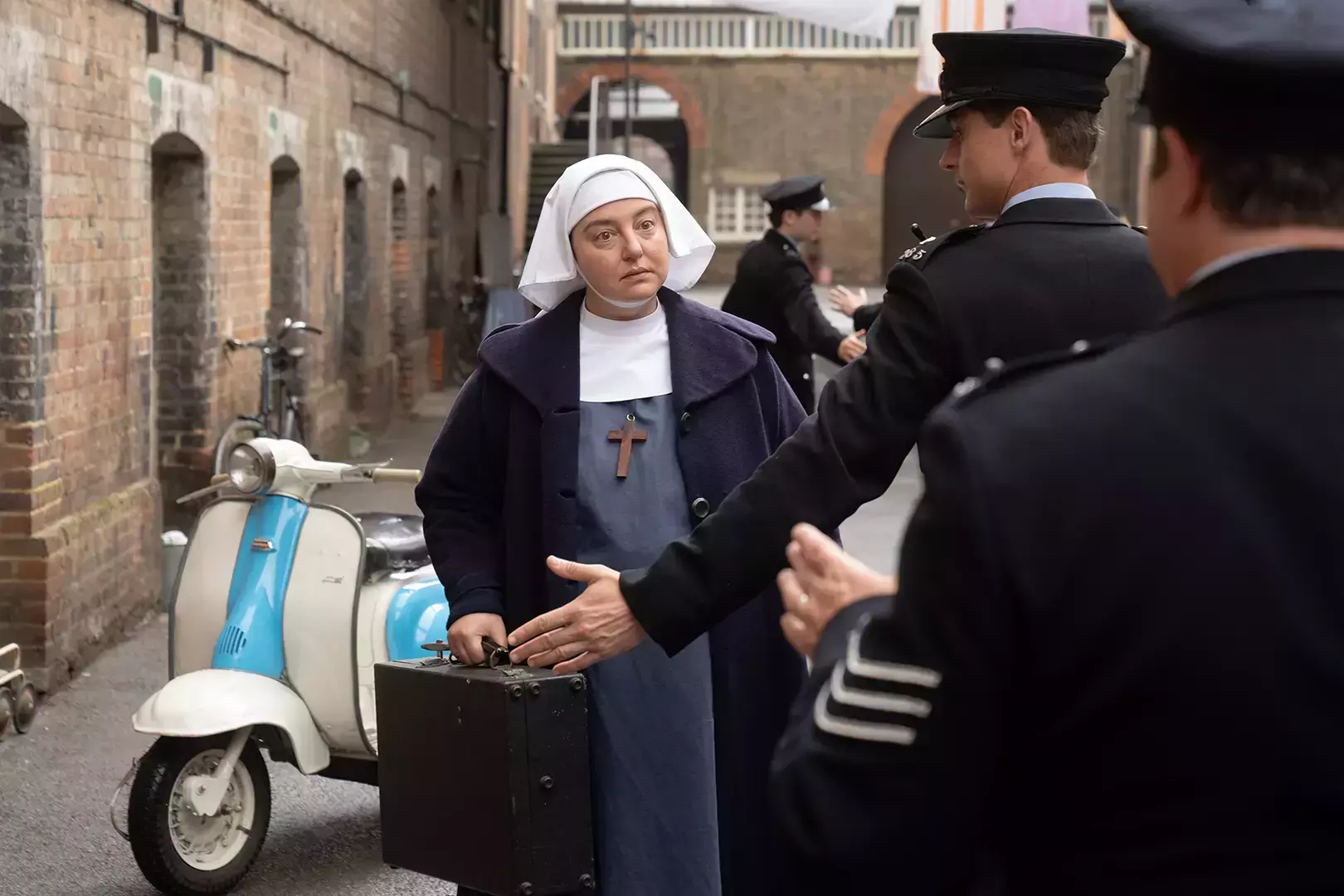
We begin the new season in the spring of 1969. Curling up in front of the TV with our old friends from Nonnatus House is akin to seeing old friends who, even though time has passed between us, make us feel we've picked up right where we left off. If I had one word to sum up this episode it would be Progress (?) followed by a question mark.
Very early in the episode, we see the use of forceps, an obstetrical instrument that hails back to the Chamberlen brothers in the 16th century. Though assisted childbirth via the use of instrumentation has been recorded in ancient Hindu medical texts, modern forceps have not changed drastically in structure and function from the Chamberlen brother’s prototype. We also see in that scene the result of a pivotal point in the history of childbirth – the supplantation of midwives by physicians, as the managing physician in the delivery room orders everyone from the room except the attending physician house staff. The exclusion and replacement of those who were (and remain to be) the experts at physiological birth (the midwives) was not a move that has served society well.
Like Sister Julienne (played by Jenny Agutter), I wondered about the pregnant woman who had been significantly disabled by a birth injury as she pondered, “I wonder what went on in that room when she was born, and what will happen when she gives birth herself….” To then find out the back story of that woman’s birth, that it was during the Doodlebug raids and her clavicle had been broken at her birth which was attended by Sister Julienne, my heart went out to all involved. If like me, you were unfamiliar with the term “Doodlebug raids,” it refers to the bombing of British towns and cities during the Second World War. Sister Monica Joan (played by Judy Parfitt) recounts with Sister Julienne the chaos of the times and the midwives working to provide the best care that they could in the most extreme of circumstances. She details how they had to walk miles to births through glass and debris-covered streets that prohibited even their bicycle use. As Sister Monica Joan tries to comfort Sister Julienne that they went where God sent them and “did His work” – attending births in squalor in buildings with blown-out windows among the debris of war – Sister Julienne asks Sister Monica Joan, “Yes, but did we do it well?”
I am quite certain that every nurse (not just midwives) has asked themselves that question on any number of occasions after an exhausting shift of giving more than one thought that they had to give. As was the case in this young woman’s birth, sometimes everything can be done correctly and there still can be an untoward outcome. As nurses and midwives, we only want the best for those in our care, and yet sometimes that doesn’t lead to the desired outcome. The result is the caregiver living with the lingering “What if I had done X or intervened earlier…,” or any other of a host of what ifs. Though it has not historically been customary to have those difficult conversations with the injured party or family (for fear it may impact litigation), research in this area actually points to the opposite – that open communication between healthcare providers and patients about untoward medical outcomes is associated with a reduction in emotional impact for all involved parties. The recounting of the birth story with the mother of the young woman injured at birth was undoubtedly a source of healing for Sister Julienne.
Finally, the provocative conversation between Nurse Crane (played by Linda Bassett) and Nancy (played by Megan Cusack) addressing the “new wage campaign” certainly has appendages into our day. That is, as Nancy says, “Nurses do an impossible job for pay that is impossible to live on.” Thankfully due in large measure to the crisis that is the current nursing shortage, nurses are finally being paid a much fairer income. We read of nurses striking on a frequent basis for reasons related to safe staff ratios, benefits, as well as pay. Yet Nurse Crane's response is one to which I find myself relaying to my students, “Our vocation is to care for others and that is a privilege that money cannot buy.”
There is truth in both arguments. While it is an absolute privilege to be a nurse and a midwife, to provide care for families during the most intimate, joyful, and sometimes horribly sad times of their lives, it is also society’s responsibility to ensure that those who care for the well-being of its citizens – and I include public servants like teachers, firefighters, and police officers as well as nurses – are well compensated for the invaluable work that we do.

